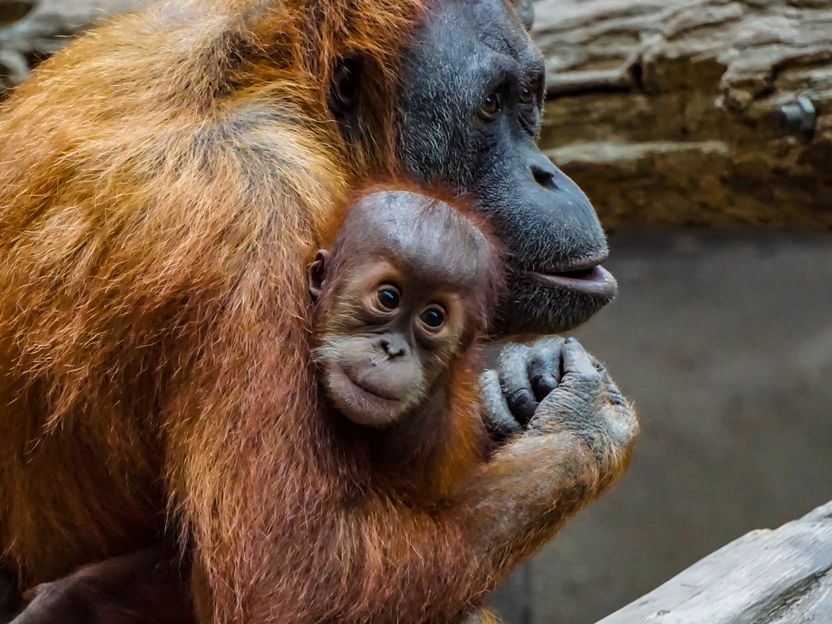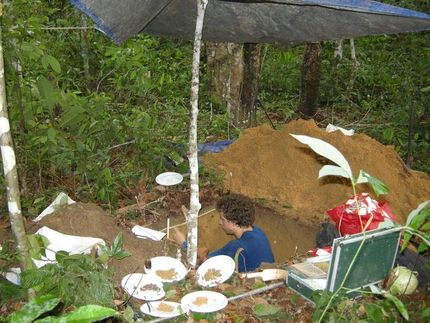Greenpeace criticises food company Mondelez over palm oil
Advertisement
On the third largest island in the world, Borneo, the habitat for orangutans is becoming smaller and smaller due to the palm oil industry. The environmental organization Greenpeace published a study on Tuesday according to which 70,000 hectares of rainforest on the island were cleared within two years for the food company Mondelez alone to produce palm oil. The orangutans are at home in the forests of Borneo and the neighbouring island of Sumatra.

pixabay/ID 7103983
In a statement, the company pointed out that it had been striving for sustainable use of palm oil for years. But the industry must do even more. The goals are "100 percent sustainability and 100 percent transparency". Twelve suppliers had been divested due to violations of their own guidelines.
It is estimated that there are still between 70,000 and 100,000 orangutans today. At the turn of the millennium in 1999/2000, according to a recently published survey, there were approximately 150,000 more. In the past decade, according to other studies, more than seven million hectares of rainforest have been cleared throughout Indonesia - an area the size of Bavaria.
Mondelez - which emerged from the US company Kraft - uses palm oil in numerous products such as chocolate bars or biscuits (Oreo). The group's brands also include Milka and Toblerone. According to Greenpeace, the
From 2015 to 2017, the area cleared is about twice as large as Bremen, where Mondelez has its headquarters in Germany. Palm oil is also widely used in cosmetics./cs/DP/jha (dpa)
Most read news
Other news from the department business & finance

Get the food & beverage industry in your inbox
By submitting this form you agree that LUMITOS AG will send you the newsletter(s) selected above by email. Your data will not be passed on to third parties. Your data will be stored and processed in accordance with our data protection regulations. LUMITOS may contact you by email for the purpose of advertising or market and opinion surveys. You can revoke your consent at any time without giving reasons to LUMITOS AG, Ernst-Augustin-Str. 2, 12489 Berlin, Germany or by e-mail at revoke@lumitos.com with effect for the future. In addition, each email contains a link to unsubscribe from the corresponding newsletter.































































